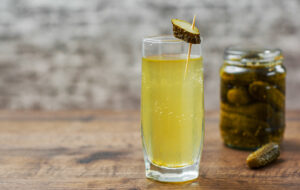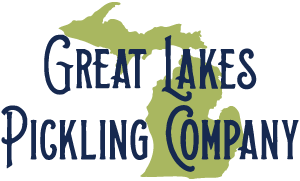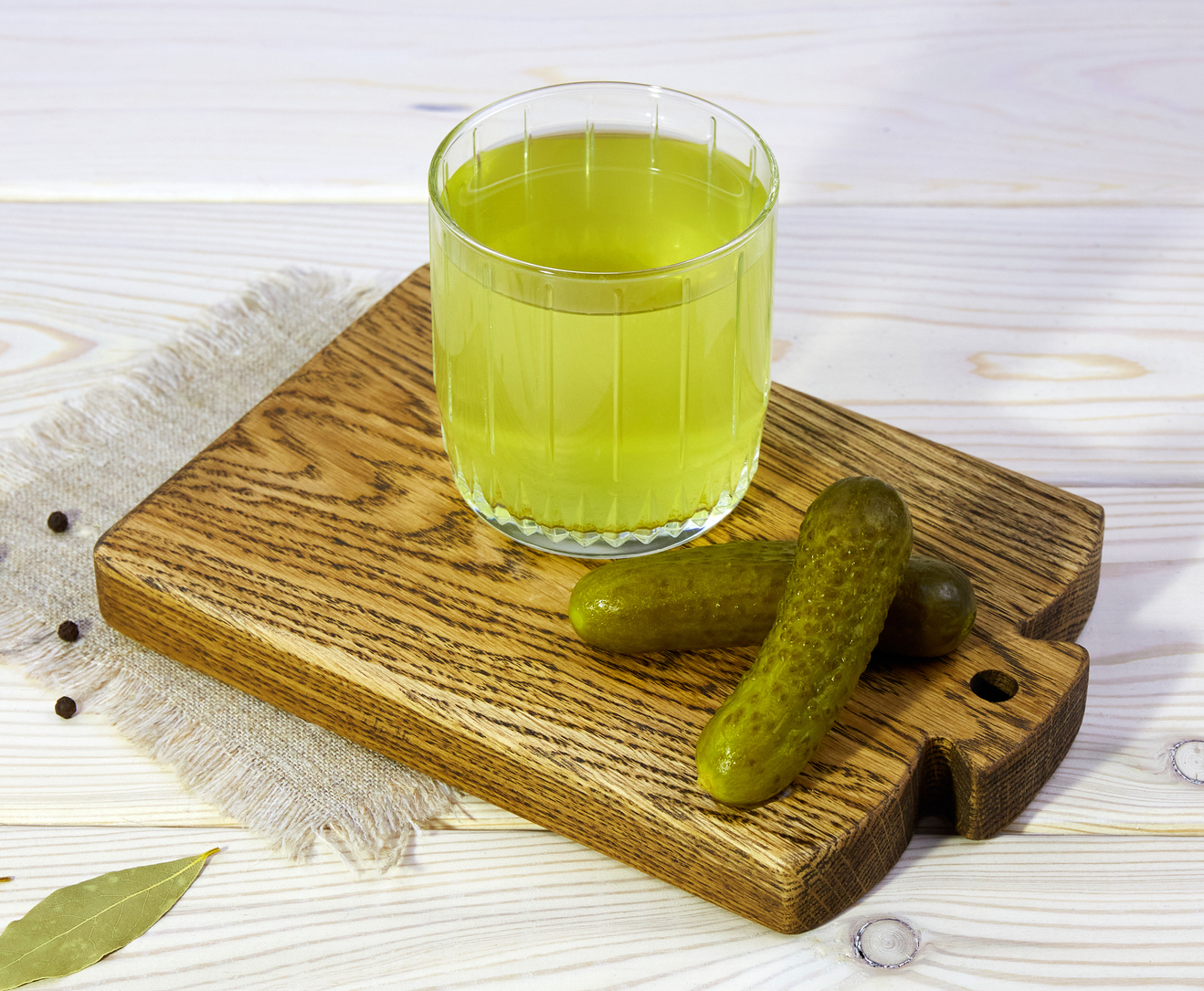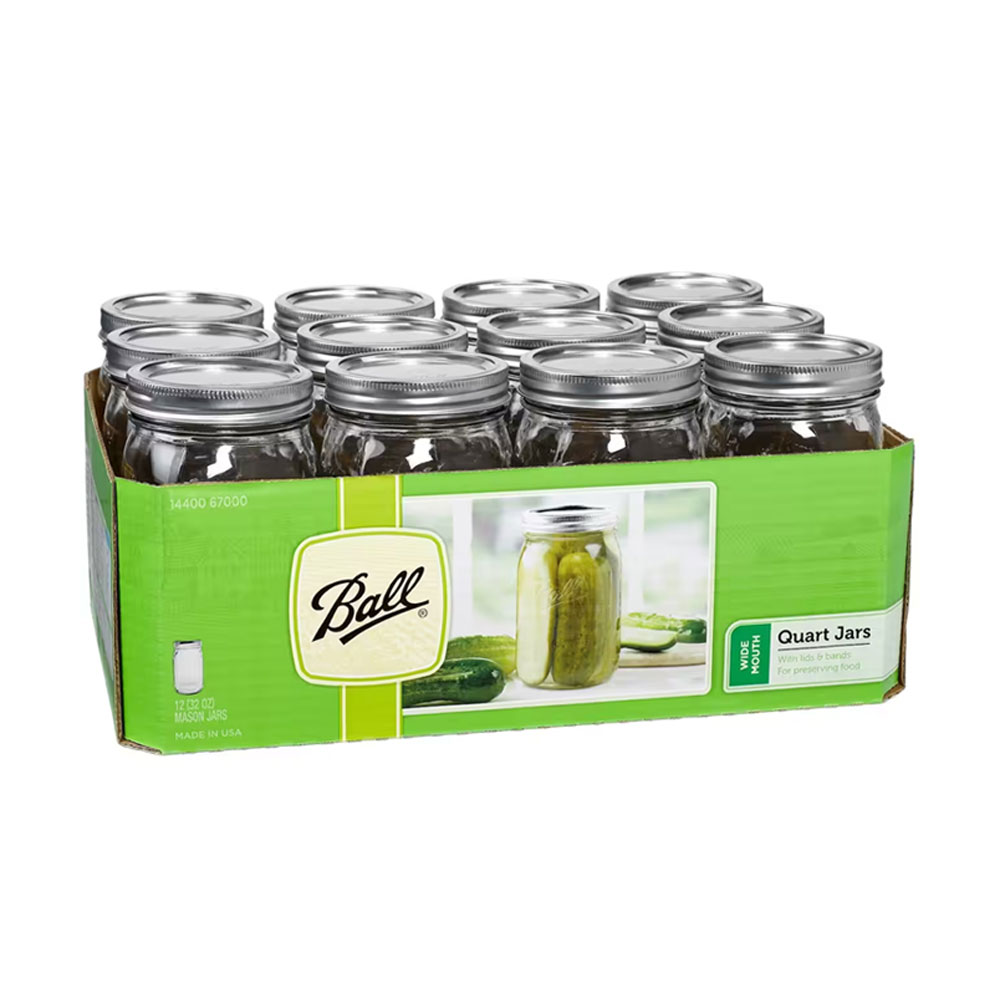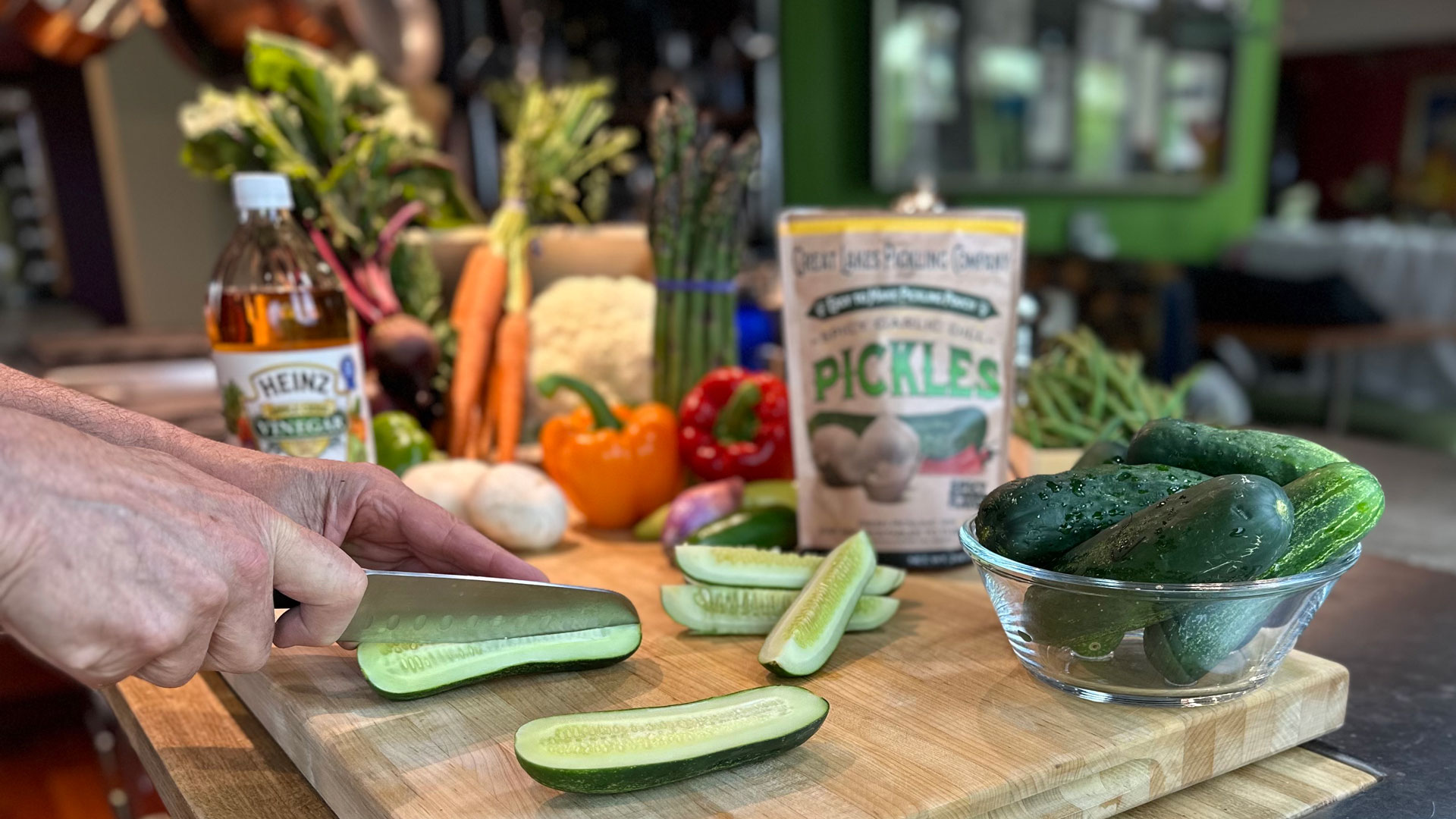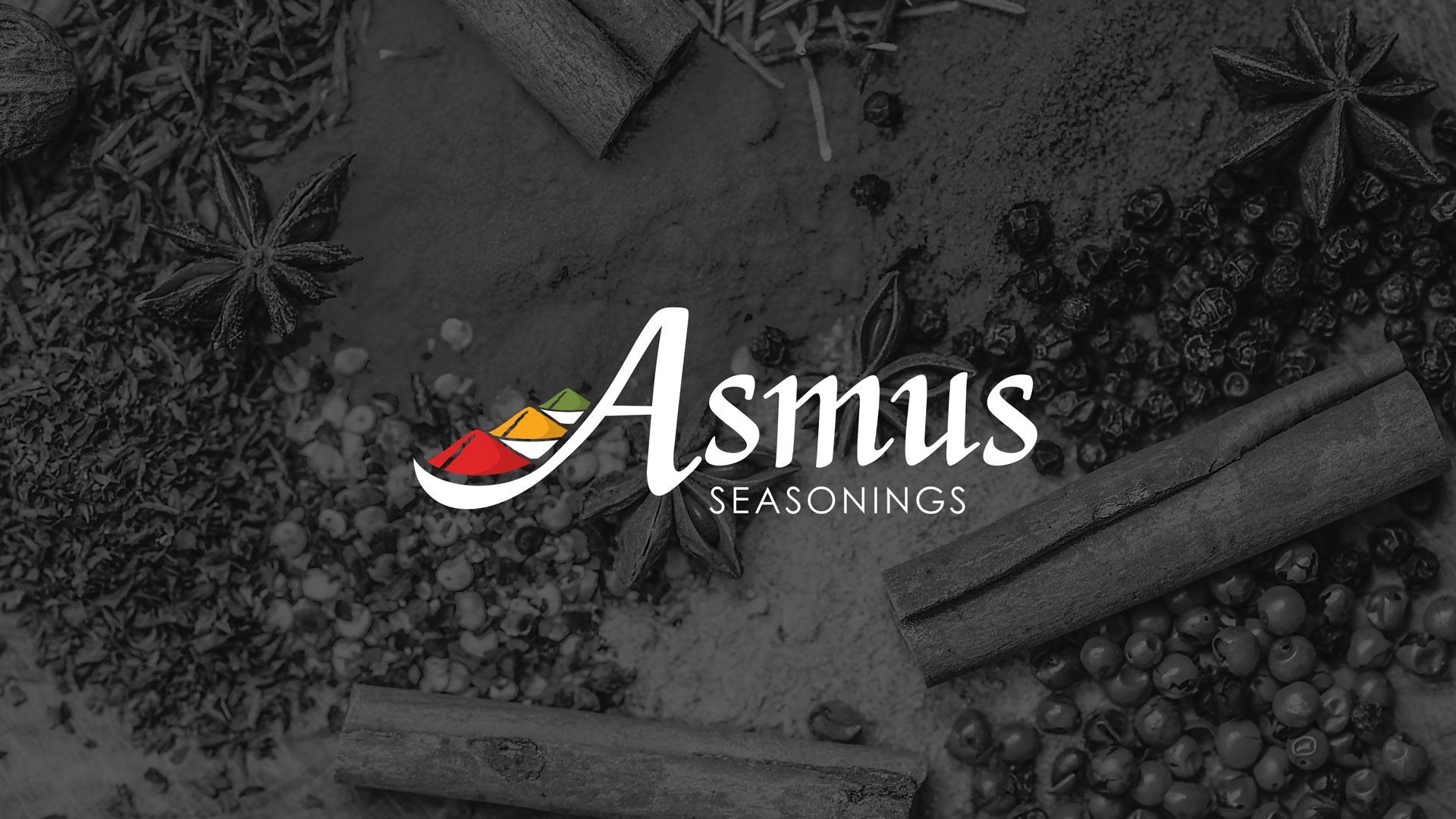Is pickle juice the Gatorade of a new generation?
Gatorade was developed in 1965 at the University of Florida by scientists with the specific goal of finding a beverage that could quickly refresh both the thirst and bodily fluids lost during athletic competition. Their recipe of water, salts, sugar, and flavorings successfully accomplished both and it was soon named Gatorade, after the University’s mascot, the Alligator. (a.k.a. Gator)
Interestingly, the school initially wanted to call it Gator-Aid but the Food and Drug Administration stepped in and said that unless they could back up the “Aid” part with science, they’d better come up with something more suitable to the likes of a refreshment beverage.
Thus, Gatorade was chosen.
In a similar way, with similar ingredients, pickle juice has seemingly picked up on that theme and perhaps with even a better case for the “aid” part. So instead of dumping your leftover pickle juice from your pickle pouch or pickle jar down the drain, you might want to consider saving it.
Why is that?
Unlike most “sports beverages”, pickle juice (brine), such as made in the Great Lakes Pickling Pouch recipe, contains vinegar, water, and in many recipes, spices and herbs such as onion, dill, and garlic, which also add healthy benefits.
But not ALL pickle juices are created equal.
The type of pickle juice matters. So does the health benefit you’re looking to gain,” says functional medicine dietitian Camille Skoda, RDN, LD, IFNCP.
As such, refrigerated pickles, such as those made with the Great Lakes Pickling Company’s easy-to-make pickling pouches, and the brine and juices they create, are different from pickles and juices created strictly by the using fermentation method of making pickles.
The main difference is the use of vinegar, which is used in refrigerated pickles as a preservation method.
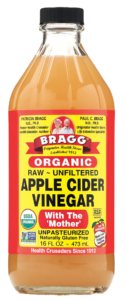
While the abundance of probiotics is an attractive component in pickles which are “fermented” by only the addition of salt and water, the vinegar in refrigerated pickles offers health benefits fermented pickles and their resulting juices, just can’t match.
But wait, because vinegar is, itself a fermented product, if you use a raw, organic, unfiltered vinegar with the “mother” culture still intact, such as Bragg’s Apple Cider Vinegar, you’ll benefit from the probiotics contained therewithin. Winner, winner.
What makes pickle juice so good for you?
Let’s look at some of the ingredients and properties that are in pickle juice, and which make this non-alcoholic “potent potable” so attractive.
VINEGAR
Studies show that vinegar can help prevent spikes and dips in blood sugar. Studies have also shown that it’s easier to control your appetite and lose weight when your blood sugar’s stable. More importantly, unregulated blood sugar can cause serious health problems such as blindness, heart damage, and kidney damage.
Regarding weight control, in one 12-week study, participants who had consumed either about 1/2 ounce or 1 ounce of vinegar daily had lost more weight and fat than those who hadn’t consumed any vinegar at all.
Vinegar also encourages the growth and healthy balance of good bacteria and flora in your gut AND, it can also be a remedy for an upset tummy!
SALT
Pickle juice contains electrolytes in the form of sodium and some potassium and magnesium. These electrolytes assist in replenishing your body with what you lose of them during exertion, workouts, or just sweating on a hot summer’s day.
About 1/3 cup of pickle juice is all it takes to have this rehydration benefit.
Pickle juice relieved cramps more than drinking the same amount of water. It also helped more than drinking anything at all.
This could be because the vinegar in pickle juice may help with rapid pain relief. Vinegar may help stop nerve signals that make tired muscles cramp.
HERBS, SPICES & NO PRESERVATIVES
All vegetables have their own health benefits, which, in turn, donate their juices to the brine. In addition, herbs and spices add their own contributions.
Also, choosing a vinegar-based pickle without yellow dye and preservatives is important. The Great Lakes Pickling Pouches, have neither dyes or preservatives.
And in case you’re wondering, the yellow color in our NEW Granny’s Bread and Butter Pickling Pouch comes from the spice, turmeric, which in itself is a terrific nutritional source.
WATER
Of course. The largest component of pickle juice is water. It’s truly the elixir of life and an essential component in hydrating your body. Our word hydrate comes from the ancient Greek word Hydor, which means water.
If you need any more convincing reasons why pickle juice might just be something to try, here are 2 more to consider.
CHEAP!
If you already making pickles, it’s a budget-friendly alternative to more expensive workout beverages. Gatorade may have found its match.
SWEETENS YOUR BREATH?
Yep, while drinking pickle juice may give you a sour face, it just might make for a sweeter breath, as both dill and vinegar, have antibacterial properties which kill the bad bacteria in your mouth that can cause bad breath.
There you have it.
Is pickle juice all it’s cracked up to be or just a tasty brine made solely to produce your delicious pickles?
The next time you enjoy your last pickle or vegetable made with your Great Lakes Pickling Company pouch, strain the resulting brine from all its herbs, spices, and vegetable particulates.
Then, give it a sip!
You may just find that it’s something you could really enjoy.
Here’s to your health!
